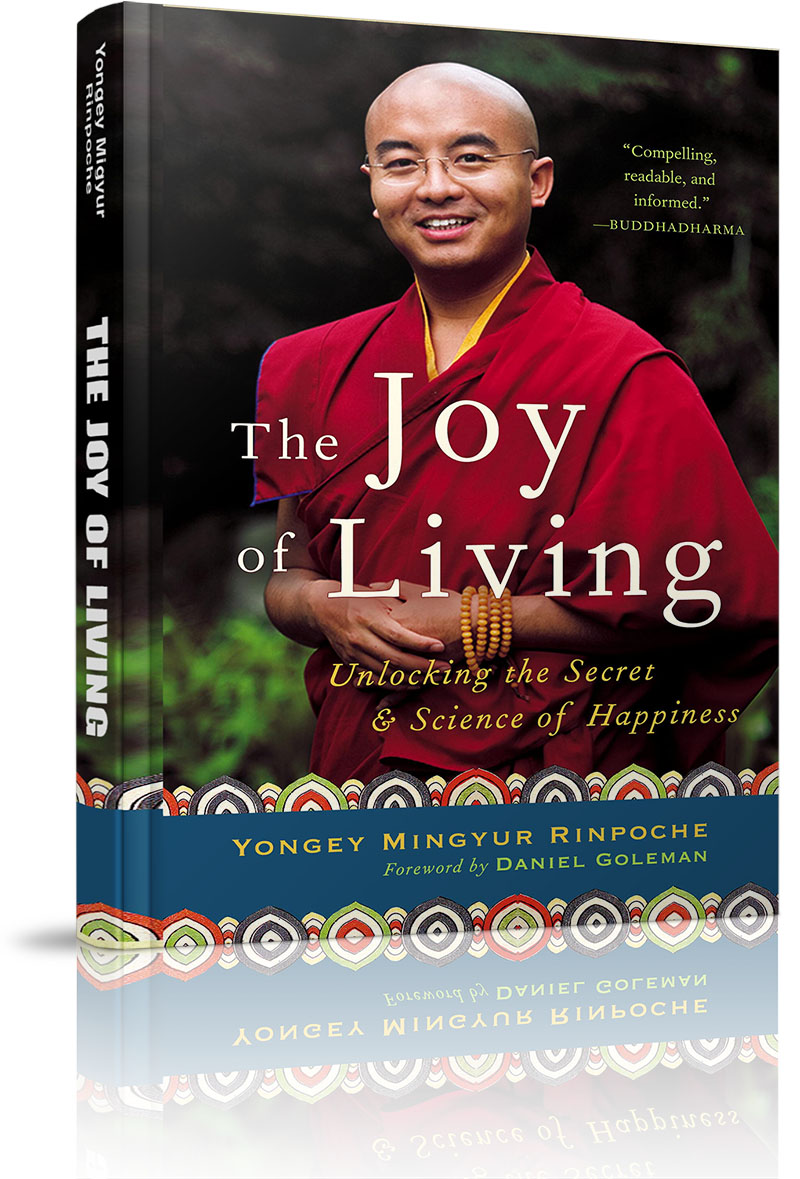Hành động thiếu tri thức là nguy hiểm, tri thức mà không hành động là vô ích. (Action without knowledge is dangerous, knowledge without action is useless. )Walter Evert Myer
Gặp quyển sách hay nên mua ngay, dù đọc được hay không, vì sớm muộn gì ta cũng sẽ cần đến nó.Winston Churchill
Đừng chọn sống an nhàn khi bạn vẫn còn đủ sức vượt qua khó nhọc.Sưu tầm
Bất lương không phải là tin hay không tin, mà bất lương là khi một người xác nhận rằng họ tin vào một điều mà thực sự họ không hề tin. (Infidelity does not consist in believing, or in disbelieving, it consists in professing to believe what he does not believe.)Thomas Paine
Để sống hạnh phúc bạn cần rất ít, và tất cả đều sẵn có trong chính bạn, trong phương cách suy nghĩ của bạn. (Very little is needed to make a happy life; it is all within yourself, in your way of thinking.)Marcus Aurelius
Hạnh phúc không phải là điều có sẵn. Hạnh phúc đến từ chính những hành vi của bạn. (Happiness is not something ready made. It comes from your own actions.)Đức Đạt-lai Lạt-ma XIV
Chúng ta có lỗi về những điều tốt mà ta đã không làm. (Every man is guilty of all the good he did not do.)Voltaire
Chớ khinh thường việc ác nhỏ mà làm; đốm lửa nhỏ có thể thiêu cháy cả núi rừng làng mạc. Chớ chê bỏ việc thiện nhỏ mà không làm, như giọt nước nhỏ lâu ngày cũng làm đầy chum vại lớn.Lời Phật dạy
Nếu muốn tỏa sáng trong tương lai, bạn phải lấp lánh từ hôm nay.Sưu tầm
Kẻ làm điều ác là tự chuốc lấy việc dữ cho mình.Kinh Bốn mươi hai chương
Tôi biết ơn những người đã từ chối giúp đỡ tôi, vì nhờ có họ mà tôi đã tự mình làm được. (I am thankful for all of those who said NO to me. Its because of them I’m doing it myself. )Albert Einstein
Trang chủ »» Danh mục »» SÁCH ANH NGỮ HOẶC SONG NGỮ ANH-VIỆT »» The Joy of Living »» none »»
 Xem Mục lục
Xem Mục lục 

DO NXB LIÊN PHẬT HỘI PHÁT HÀNH
Mua sách qua Amazon sẽ được gửi đến tận nhà - trên toàn nước Mỹ, Canada, Âu châu và Úc châu.
Quý vị đang truy cập từ IP 216.73.216.61 và chưa ghi danh hoặc đăng nhập trên máy tính này. Nếu là thành viên, quý vị chỉ cần đăng nhập một lần duy nhất trên thiết bị truy cập, bằng email và mật khẩu đã chọn.
Chúng tôi khuyến khích việc ghi danh thành viên ,để thuận tiện trong việc chia sẻ thông tin, chia sẻ kinh nghiệm sống giữa các thành viên, đồng thời quý vị cũng sẽ nhận được sự hỗ trợ kỹ thuật từ Ban Quản Trị trong quá trình sử dụng website này.
Việc ghi danh là hoàn toàn miễn phí và tự nguyện.
Ghi danh hoặc đăng nhập